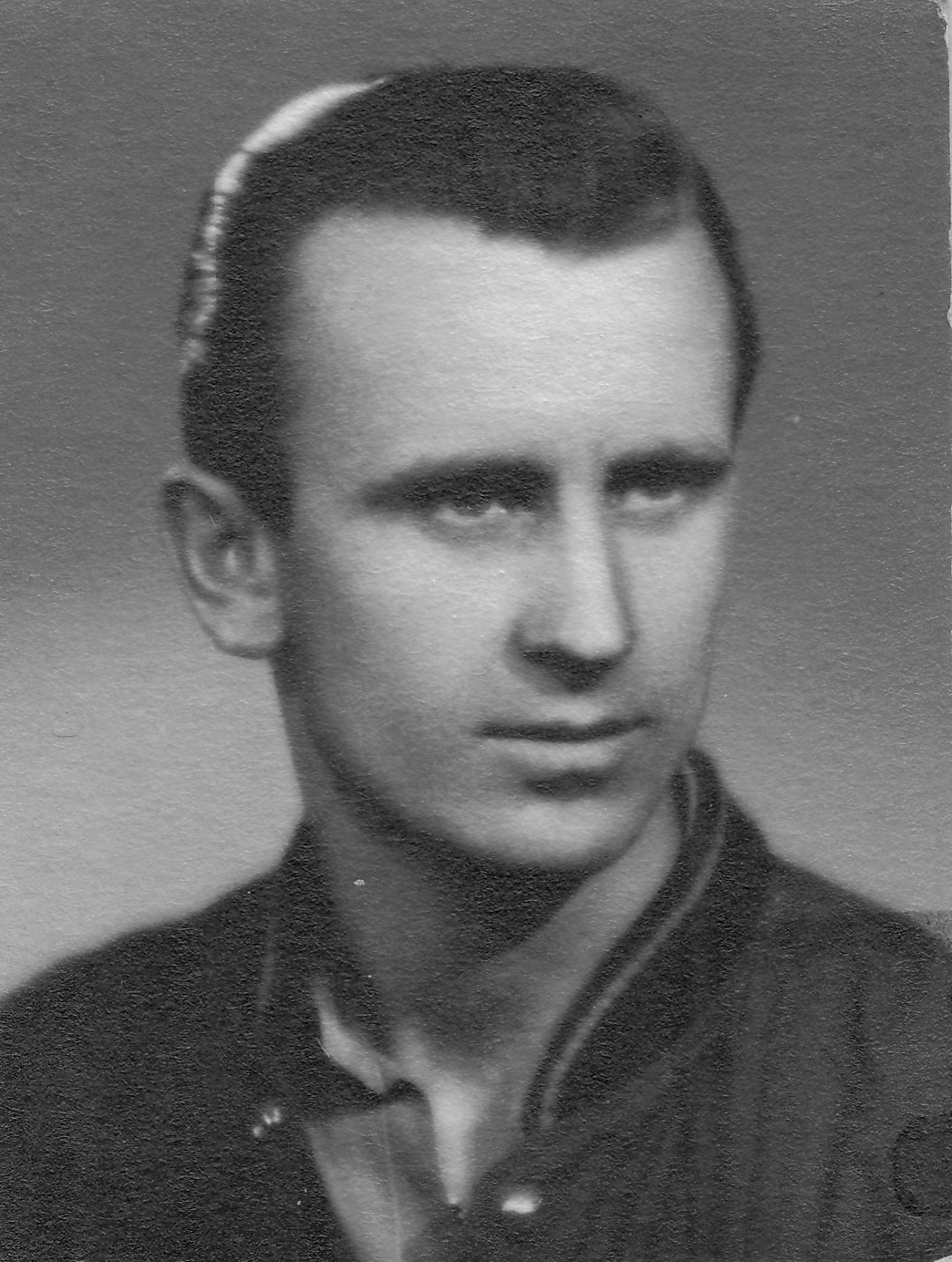I was sent to the uranium mines for taking part in the demonstration.

Stáhnout obrázek
Miroslav Martínek was born in Úvaly near Prague on 5 January 1929 into the family of locksmith Václav Martínek and his wife Josefa, née Trpálková. He was the eldest of five siblings. The family moved to Prague in the 1930s, but they returned to Úvaly at the beginning of the occupation. During the war, the witness‘s father listened to UK radio broadcasts and Miroslav Martínek sympathised with the Americans. In 1945, he received an apprenticeship certificate as a toolmaker. He witnessed and participated in the dramatic events during the liberation of Úvaly in May 1945. He joined Tito‘s youth in 1946 and, until 1948, worked in Yugoslavia on the restoration of railways on the Šamac-Sarajevo line, and also in Trieste in the distribution of UNRRA‘s post-war aid. After returning to Czechoslovakia, he served in the Auxiliary Technical Battalions in Znojmo and, once a civilian again, worked at ČKD as a model maker in the foundry. He married Miluška Hlušcová in 1951 and they raised son Zdeněk. They lived in Prague. In 1953 he took part in demonstrations against the currency reform, for which he was convicted. He served his sentence in labour camps in the Jáchymov region during the period of uranium mining. After eighteen months, he was released and returned to ČKD. He was a lifelong hiker. Since the 1960s, he built three cabin boats, and sailed down rivers with his wife and competed. During the invasion of Warsaw Pact troops in 1968, he joined the resistance against the occupation and was fired from ČKD in 1970 over this. He then worked as a construction worker. He retired in 1988 and moved with his wife to Úvaly. He joined the Civic Forum in the revolutionary period of 1989. His wife, who worked as a costume designer at the National Theatre, was his life partner for seventy-four years and died on 2 May 2024. Miroslav Martínek lived in Úvaly in 2024.






































